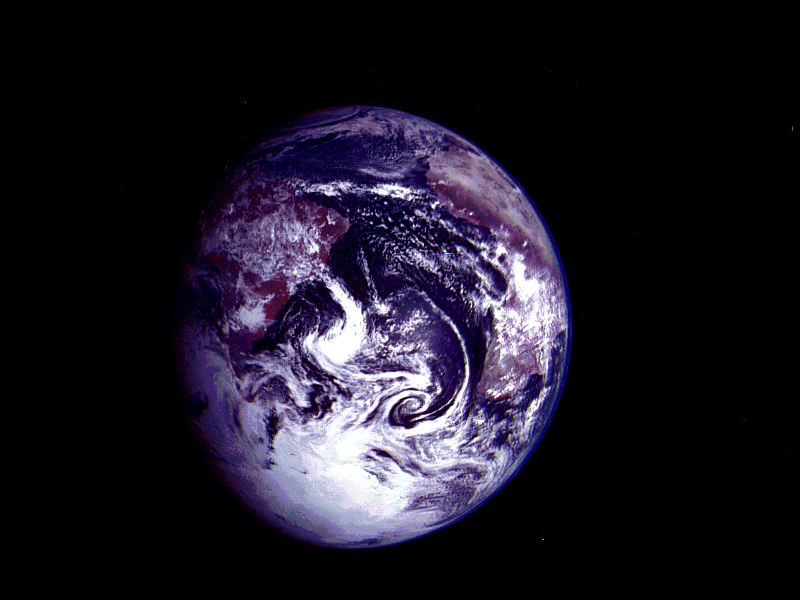Windpower advocates’ tunnelvision on Cape Wind
Cape Wind surely doesn't qualify as an Earth-trashing facility, but it is not without its ecological and aesthetic drawbacks. Robert F. Kennedy, Jr., one of the most respected voices in the U.S. on issues of the environment, has made it clear that the proposed Cape Wind project is indeed problematical. Other high-profile figures in the U.S. enviro movement oppose Kennedy's position, some have even attacked him. Healthy and respectful debate is a good thing, but resorting to cheap corporado stunts and mean spirited rhetoric serves no useful purpose. It's time to cut the crap.
As one who has spent a lifetime visiting, exploring and defending Cape Cod, though I do not live there, I value its uniqueness in a world gone mad. The very creation of the National Seashore, made possible by the Kennedy family and others, was an effort to save what is left of our fragile coastline from the forces of development. Anything, ANYTHING, erected within the boundaries of the Cape coastline detracts from its unparalleled beauty and ecological fragility. Actually, commercial and residential development in the fabricated world humanity has created is not all that different from cancer in the human body. Sound crazy? Checkout the similarities. To this writer, development for the most part is a cancer on the living planet.
But getting back to Cape Wind specifically, one of the issues Kennedy pointed out was that Cape Wind is another example of the privatization of the Commons. Nantucket Sound is public property and Cape Wind is a corporation. Do we really need to lose more of the commons to the corporados? I don't think so. I find it curious that outfits like Greenpeace and other progressive organizations who have railed against corporate america in the past and privatization in general, make exceptions for Cape Wind.
Also, there is the issue of the project's potential effects on wildlife living in and passing through Nantucket Sound. The Humane Society has highlighted many of these effects and is part of a coalition of environmental groups opposed to the sitting. Bill McKibben and others seem to be making the argument that non-humans would benefit in the long run from Cape Wind's project due to its possible lessening of the effects of climate change. I don't buy the anthropocentric trade-off. Given the grim scenarios of climate disruption that won't be effected by ANYTHING we do; the journey past the tipping point, it seems most "humane" (if that term has any integrity left) to protect our non-human neighbors here and now from potential death and maiming.
So this writer, who struggles daily with the forces of greed and ecological destruction, is a purest when it comes to what remains of our unspoiled coastlines or wild places. My position has always been: yes wind power, put it where there is wind AND existing development. Assuming Lester Brown is correct when he states: "in most of the country wind farms are enthusiastically welcomed", then go and erect them IN most of the country and not in ecological jewels like the Cape coastline.
 An irregular heartbeat from d.o. to you.
Not like a daily kos, more like a sometime sloth. Fast relief from the symptoms of blogarrhea and predicated on the understanding that the world is not a stage for our actions, rather it is a living organism upon which we depend for our existence.
An irregular heartbeat from d.o. to you.
Not like a daily kos, more like a sometime sloth. Fast relief from the symptoms of blogarrhea and predicated on the understanding that the world is not a stage for our actions, rather it is a living organism upon which we depend for our existence.
2 Comments:
Being a supporter of utilizing the "resource" at HorseShoe Shoals and also an advocate of having it become a publik utility, I'm stuck on a balance beam. Cape Power from Coal or Wind? No brainer to me. It seems that the majority of Massachusetts residents approve of and want to utilize the wind resource in Nantucket Sound. Some of us even find beauty in the massive machinery.
One way or another my vote is to plant a wind farm ( ok - factory if you will ) in the sound - be it privately or publicly owned.
>>One way or another my vote is to plant a wind farm ( ok - factory if you will ) in the sound - be it privately or publicly owned<<
Even if it's next to the Great atlantic Flyway and on sacred space as identified by the Wampanoag Nation? What other sorts of compromises are you willing to make?
Post a Comment
<< Home